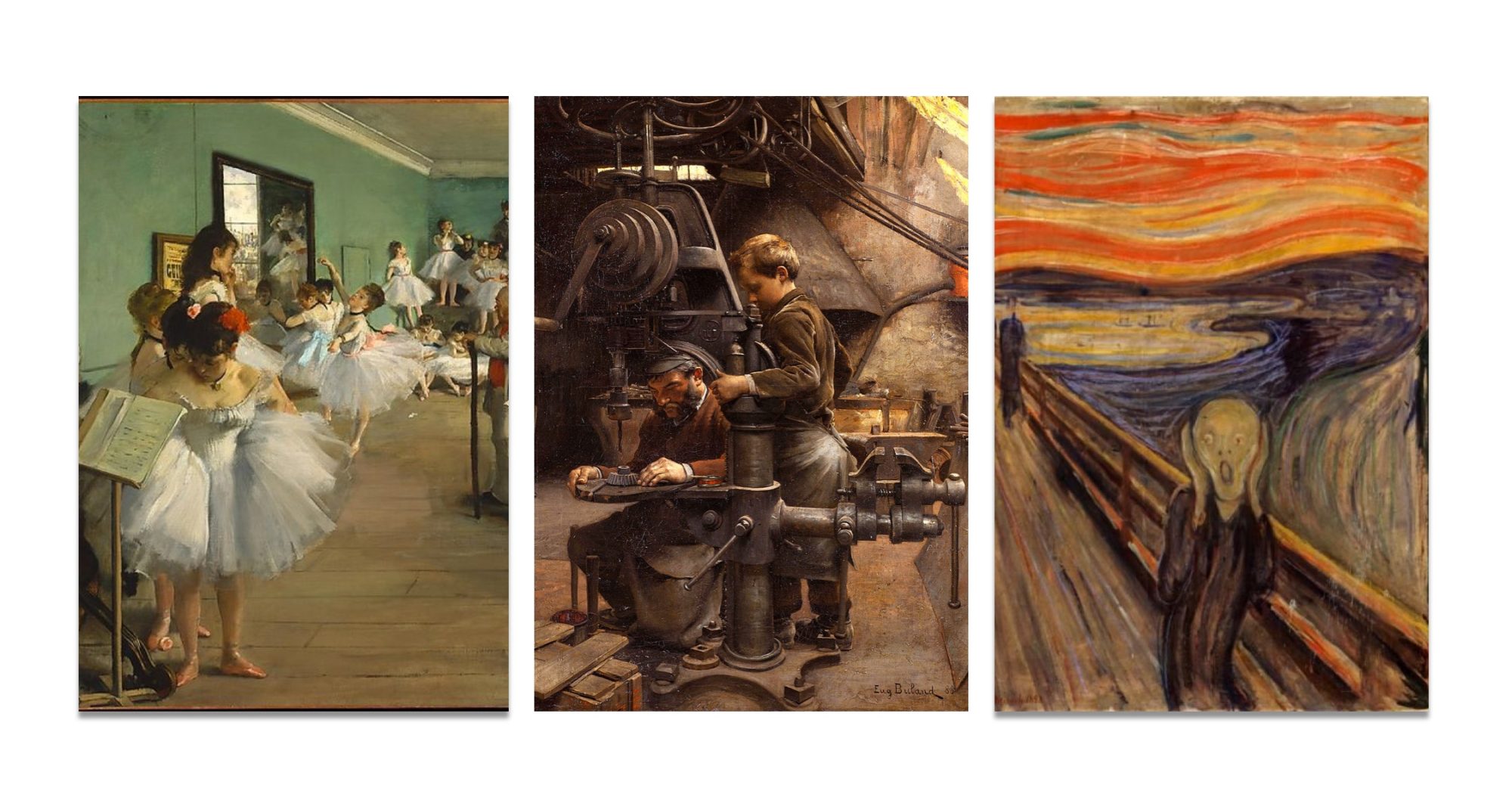Linton writes about “a fair young English girl” as being almost an ideal of moral purity and perfection. This kind of girl is strong in character, trustworthy, loyal, and self-sufficient. She writes about the “girl of the period” as being devoid of these characteristics, and doing and pursuing only things that please themselves. While researching for this post, I had hoped to find some kind poetry or essay to help reinforce Linton’s idea of a simple, moral girl, or maybe some writings about sexism. What I found instead was David Hume’s philosophical take on the morality of pain and pleasure.
In Hume’s A Treatise of Human Nature, he talks about how virtue and vice are directly related to pain and pleasure.
For if all morality be founded on the pain or pleasure, which arises from the prospect of any loss or advantage, that may result from our own characters, or from those of others, all the effects of morality must-be derived from the same pain or pleasure, and among the rest, the passions of pride and humility. The very essence of virtue, according to this hypothesis, is to produce pleasure and that of vice to give pain. – David Hume, 1740
Linton talks at great length about the girl of the period pursuing pleasure above all else, regardless of how negatively it effects those around her: “She has married his house, his carriage, his balance at the banker’s, his title; and he himself is just the inevitable condition clogging the wheels of her fortune; at best an adjunct, to be tolerated with more or less patience as may chance.” So where does this leave this girl of the period, in Hume’s idea of morality? She does what pleases her, which is moral, but she causes pain to the poor man, whose checkbook she has married, which is immoral. And she certainly seems prideful, as well, in stark contrast to the humble strength of the young English girl.
There is, of course, a balance, which is sort of the ideal nowadays: do what makes you happy, as long as it doesn’t hurt anyone else. This idea seems to be perfectly in-line with Hume’s idea of morality, and is certainly more socially acceptable, but I found it interesting that this idea of pleasurable morality predates the girls of which Linton complains. I’ve yet to find enough evidence to suggest that there’s any correlation between the two, but it’s certainly something to think about.
References:
David Hume, A Treatise of Human Nature (1739-1740), sect VII
